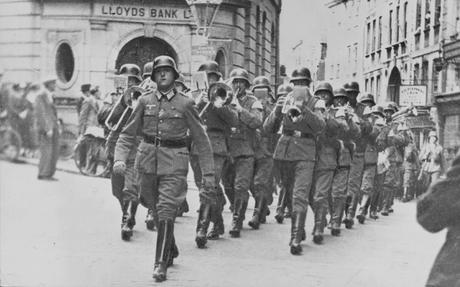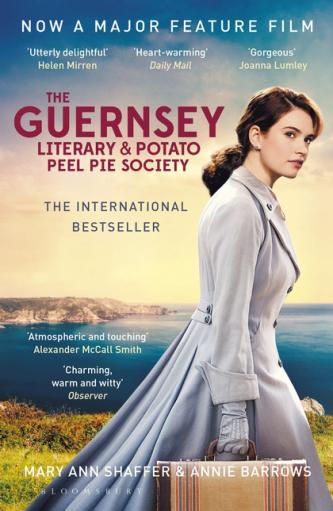For the uninitiated, the Channel Islands are an archipelago in the English Channel, spitting distance from the French coast of Normandy. They include, among smaller fry, Jersey and Guernsey. Traditionally, the islands are thought of as the last vestiges of the Duchy of Normandy still in English hands – think William the Conqueror, 1066 and all that. These days, Jersey and Guernsey are wealthy tax havens taking full advantage of their legal status as Crown dependencies beyond the jurisdiction of the British tax authorities. It’s where the canny and the criminal stash their cash and where global companies avoid their dues.
Back in 1940, the economy was very different. Many islanders were dirt poor, scraping a meagre living from the land and the sea. When France fell to the Germans in June of that year, the fate of the islands was sealed. Geography made them indefensible and the Germans occupied them unopposed. The British Government evacuated who they could in a hurry and urged the rest to cooperate.

As was mostly the case throughout the occupied West, life under the Third Reich was not as deadly as in the occupied East – unless of course you happened to be Jewish/ gay/ socialist/ liberal/ Roma (delete according to badge), but it was still very harsh. And then there was the slave labor imported to construct the colossal fortifications built as part of the Atlantic Wall. Few of those poor souls survived. Conditions gradually worsened for everyone, ending in near starvation for both occupied and occupiers during the winter of 1944–45.

Just after the war, an up-and-coming writer based in battle-torn London begins exchanging letters with members of the society. Feeling compelled to visit, she starts digging about for a story and a picture emerges of life during the occupation. She soon discovers that, while book reading was involved, the society was also a cunning ruse to avoid the night-time curfew and to consume illicit pork and home-brewed gin. Sounds like my kind of society. As she digs deeper, dark secrets begin to surface – needs must as they say – and there was a fine line between cooperation and collaboration. After all, not all Germans were Nazis.
The film also provides some love interest. Will the pretty young novelist shack up with her handsome Yank in his New York apartment with views across Central Park or get down and dirty with the hunky pig farmer with his rough hands, puppy-dog eyes and no electricity? I know who I’d choose.
The film won’t win any awards, but it’s a solid period piece with an interesting theme and not a bad way to spend a raining Sunday afternoon. And it won’t do Guernsey tourism any harm either, even though it was mostly shot in Cornwall and Devon.

